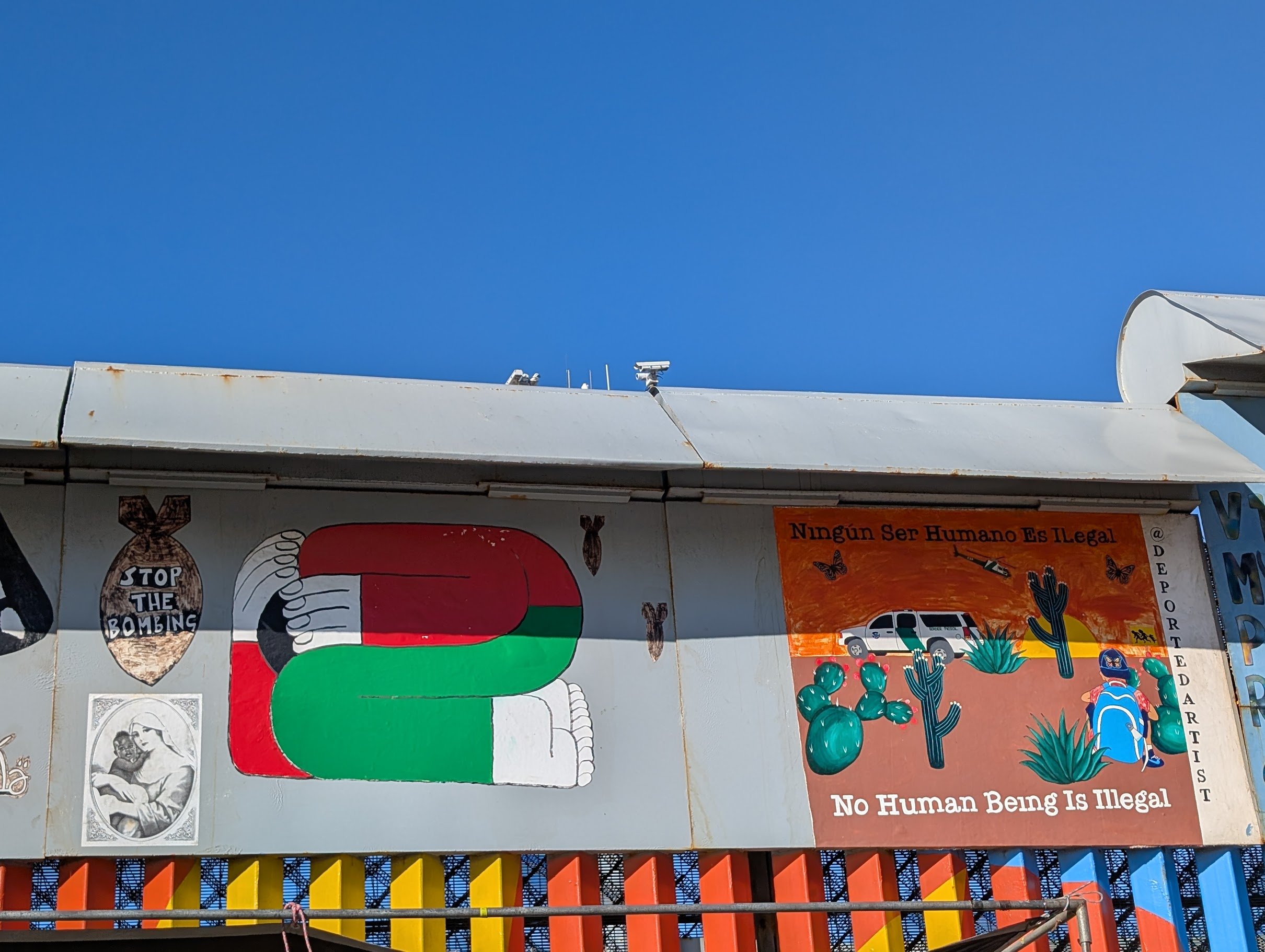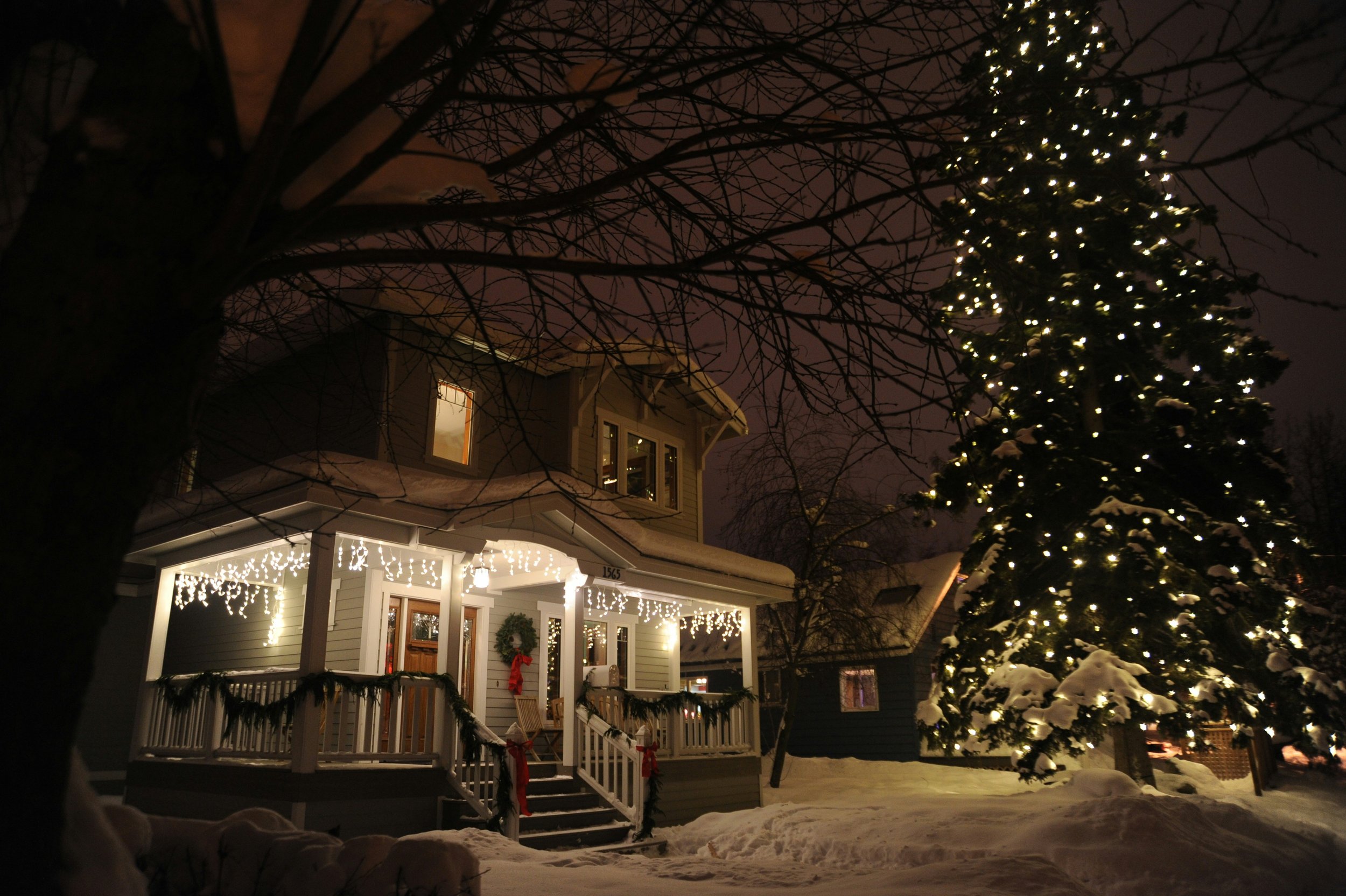
Justice. Mercy. Faith.
Through The Christian Citizen, we seek to shape American Baptists’ and others' minds on matters of public concern by providing a forum for diverse voices living and working at the intersection of faith and politics, discipleship and citizenship.
Featured Articles
Rooted in Heaven * Grounded in Love
*
Rooted in Heaven * Grounded in Love *
Christian Citizen Ambassadors
At The Christian Citizen, we’re passionate about justice, mercy, and faith. We produce award-winning content that is provocative, timely, and relevant. What started more than 25 years ago as a print publication is now a digital-first publication that maintains a commitment to print. More recently, we’ve added a weekly e-newsletter, podcast, and a growing presence on social media. Now, for the first time, we’re adding a member support program—Christian Citizen Ambassadors!

Write for us!
We produce thought-provoking articles and inspiring essays that intersect faith, politics, discipleship, and citizenship while examining a variety of public concerns, from gun violence, racism, trauma, and sexual violence to poverty, food insecurity, disabilities, and immigration.






